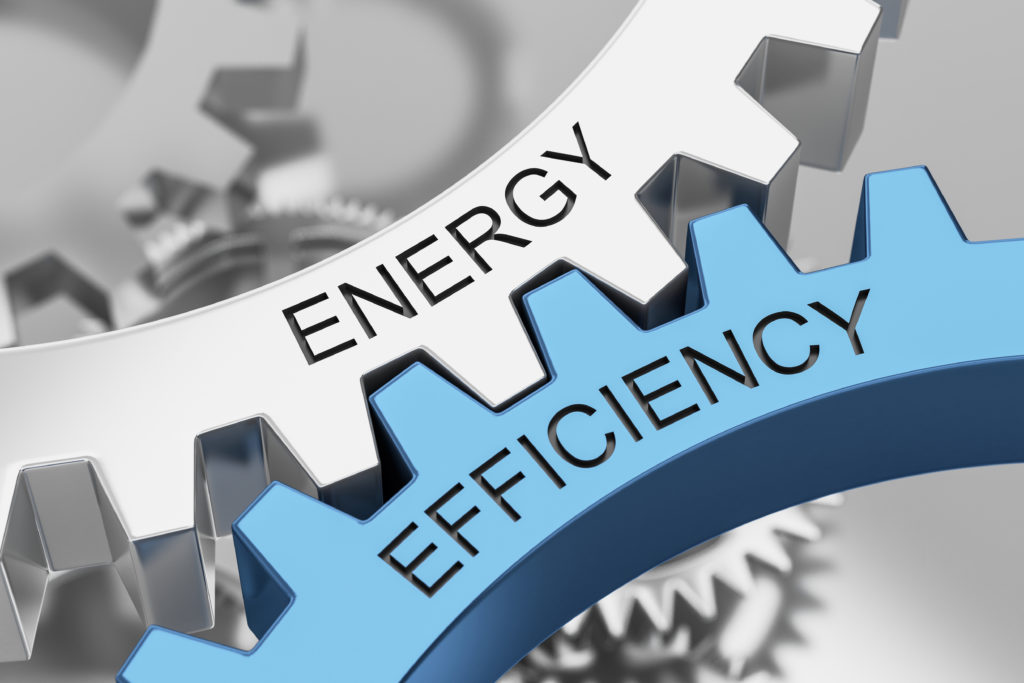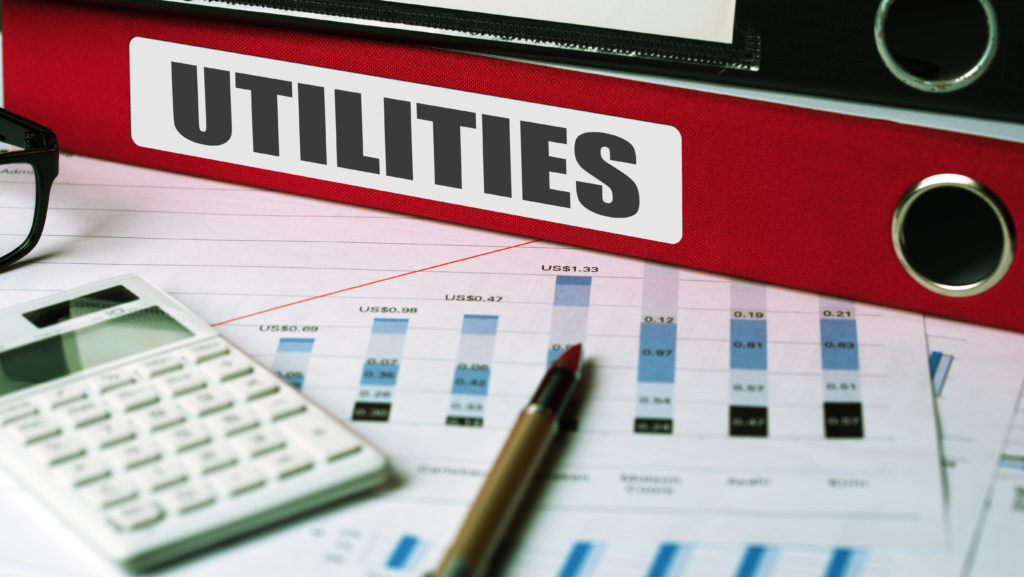Retro-commissioning Service Cuts Energy Use and Cost for Two Grocery Store Chains

SINGH360 helps Strack & Van Til and Coborn’s trim energy consumption. “In the last four months we’ve seen savings of 8% to 12% on average,” says Don Erminger, director of energy and maintenance.
Two prominent grocery chains in the Upper Midwest are reducing their energy use and cutting energy cost by retro-commissioning their stores. The chains have done so with the help of SINGH360, a service provider that specializes in working with grocery chains.
The retro-commissioning process identifies opportunities to improve energy efficiency for stores that have been in operation for several years. The process is valuable because such stores tend to become less energy efficient with time, says Abtar Singh, president of SINGH360.

